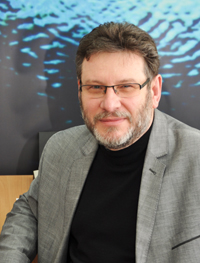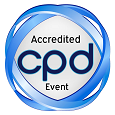
Paweł K Zarzycki
Koszalin University of Technology, Poland
Title: Micro-planar chromatography as useful tool for low resolution metabolomics study and environmental samples assessment
Biography
Biography: Paweł K Zarzycki
Abstract
The aim of this research communication is to demonstrate that relatively low-resolution separation techniques based on planar chromatography and combined with properly optimized samples pre-purification (involving e.g., liquid-liquid or solid phase extractions) and sensitive detection (e.g., fluorescence or colour staining) can be very helpful to investigate various complex problems. Described methodology may provide complementary information that can be used for fast samples screening, before quantification involving more accurate and sophisticated techniques. Using the own experimental works, several issues associated with low molecular mass metabolites, biomarkers and micro pollutants quantification from different complex samples, will be reported and discussed, particularly: Group-type separation of biological samples including spirulina containing food products and pharmaceutical formulations; screening of environmental samples: surface waters, treated and untreated sewage waters and activated sludge materials as well as soot dust originated from cold surfaces of biomass fuel, fossils-fired home heating ovens, truck exhaust systems and asphalt concrete samples; selective solid phase extraction (demonstrated for battery of key steroids with polarity ranging from estetrol to progesterone, for which the retention data are collected via breakthrough curves from C18 SPE tubes and compared with the retention of target analytes on micro-TLC wettable with water RP18 HPTLC plates) and; optimization of detection of target analytes separated by 1D and 2D micro-TLC based on sensitive methods like photo-thermal detection or DPPH derivatization for quantification of fullerenes and measurement of the total antioxidant potential of food samples, respectively.

